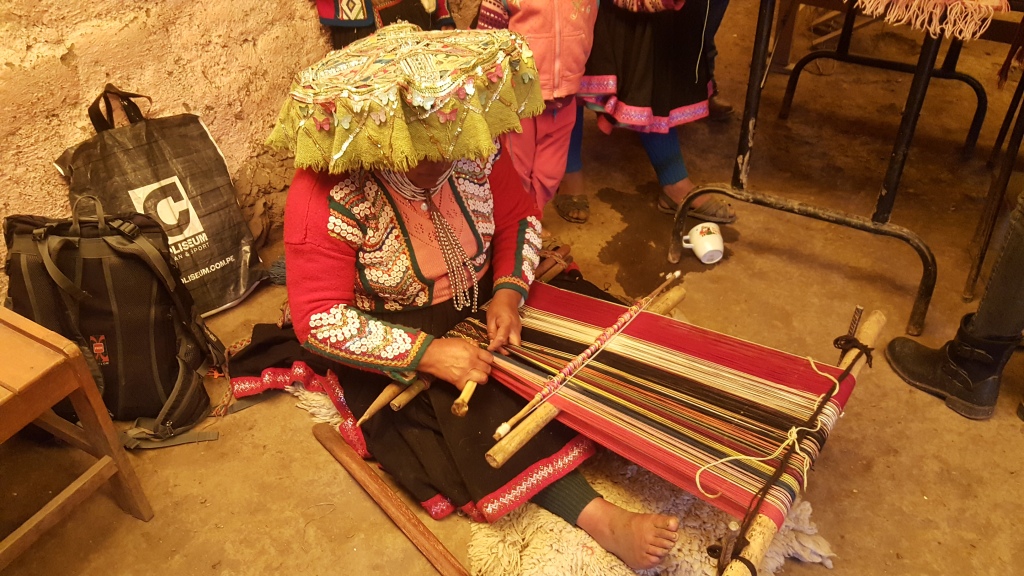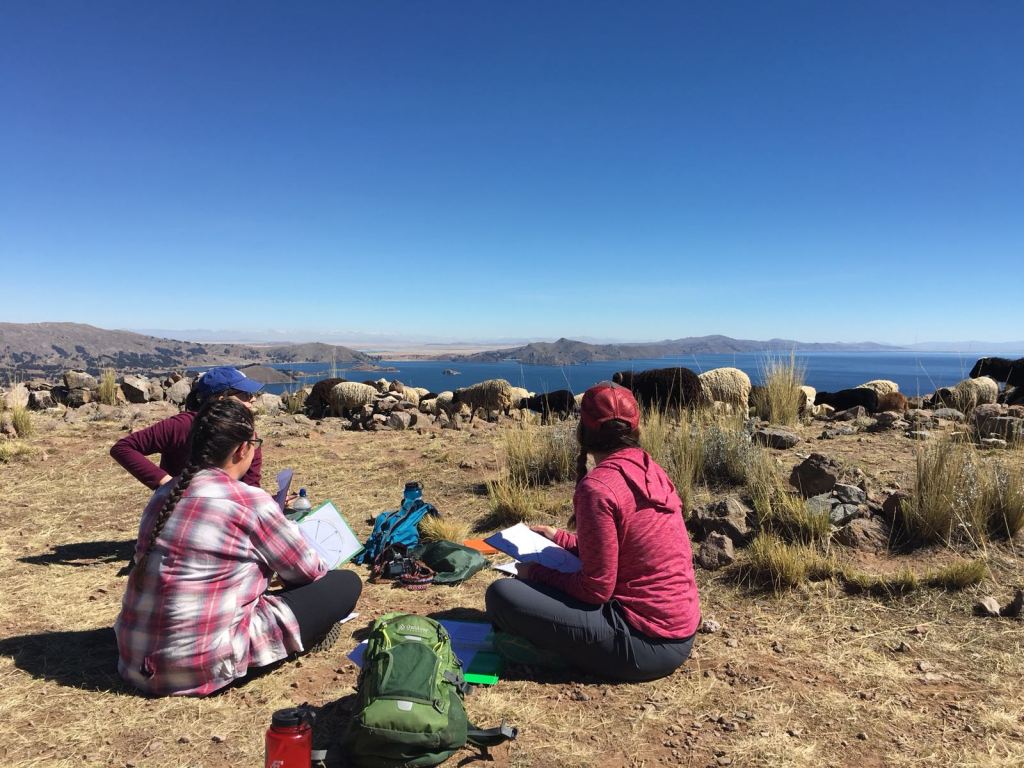
April has come to an end. Almost a quarter of a year has gone by since I left my life as a volunteer in Peru. I was on the phone the other day with Faith, a former volunteer who served with me, and she mentioned a weekend we stayed together in Arequipa at the end of our service time. My mind was suddenly flooded with those quiet mornings we spent journaling and reading, the walks we took, crossing el Puente Grau to the city’s historical center as the summer heat rolled in. Awash in these memories, I was surprised to realize that although these were moments from only a few months ago, they had been hidden in the depths of my mind. It felt as if I were blocking out the majority of those days in Arequipa and many other moments throughout my two-year experience. Why was I almost refusing to remember my time in Peru?

Before a volunteer returns to their country of origin, many programs try to prepare them for what is called “reverse culture shock”. After living so long within another culture, you begin to forget the norms and habits that were so inherent in your old way of life. Like it or not, you are not the same person you were when you left and this new identity can make you feel lonely and even alienated as you readjust to the reality you knew before. As a Jesuit volunteer, I thought I could easily ride the wave of this so-called reverse culture shock. I had taken all the steps: I had gone on retreat, read the booklet, and journaled all my intentions for the future. I was prepared that not everyone would want to hear the full story and I was ready for the painfully, generic question– “How was your trip?”. What I was not prepared for was the struggle to define myself in an old and familiar context but now as someone different.

When you travel you carry with you a piece of your past, a part of your culture. There are habits and norms within your reality that often seem strange to the individuals you meet along your journey. As you try to define and even defend your identity you are forced to choose what parts of you are “worth” explaining. What pieces of you are so important that it does not matter if it is offensive or considered strange behavior in this new culture? Is timeliness really as important as you think it is? How sacred are family ties to you? What about tradition? Even while you go about defining parts of your old identity in this new context, you are given a chance to do something radical and rare: you can rewrite parts of your own narrative. Traveling allows you to challenge your beliefs and ask yourself what is important to you. Most importantly, it gives you the space to change those values as you see fit.

As a young adult, I moved around a number of times. Each new move presented an exciting chance to discover which parts of me were permanent and which parts of me would transform into something new. I hate to confess that this may have become a habit of mine, an urge to always examine what made me “me”, and an addiction to changing the parts of me that simply did not fit. This way of life easily transferred to international travel, where the differences in communities were much more pronounced and forced me to further define who I was. I found travel not only easy, but nourishing and exciting. With each new adventure, I would feel as if I had been scrubbed raw. I was a blank slate, ready to become someone new. I was in love with this chameleon Camila, someone who could adapt to new situations and realities with ease. That was, of course, until my time in Peru.
Through my intentional community in Tacna, Peru I was able to explore new behaviors and healthier habits. I learned about the work it took for intentionality, the forgiveness of spirituality, the beauty of community living, and the exhausting battle that is social justice. In this new context, I began to assemble a new Camila who not only valued herself but felt a deeper call to be present to others. I fell in love with this new identity and as my volunteer experience came to an end, I was ready to pack this Camila up in my suitcase, neatly folded among my scarves and hiking boots.

The problem was, I had lived so long as a traveler that I had developed a habit of changing myself that was hard to break. I was hard-wired to examine and reinvent myself when I arrived at the next location. Coming home, I immediately shut off the Camila I had known in Tacna and I was ready to soak in this exciting new identity. What I discovered however, was not a new identity, but the old Camila I had known pre-Peru. It’s not to say that I didn’t like this version of myself, but she was lacking the maturity and growth that had only been possible through the lessons of the past two years.

I could have easily ignored this war of identities inside of me and flown off to my next journey but, in a strange turn of events, social isolation has forced me to face this challenge. Instead of putting aside the lessons I learned with JVC, I have had to incorporate parts of them into my daily life here in the states. Staying in one place has allowed me to recognize that the numbness I have felt is, in fact, part of my process as I work through reverse culture shock. In my quiet mornings, I have found the space to begin melding these contrasting parts of my identity together.
During these isolated days, as spring slowly melts into summer, I have come to realize the most important thing of all: as a traveler, my one true home is in my head and in my heart. The places can change, the people can change, but at the end of the day I have to be my own solid ground. Traveling is not about leaving my old self behind, it is about celebrating what I witness around me. The adventuring is far from over, but I hope that I can learn to better carry who I am with me into these new experiences, right there in my old hiking backpack, amidst the toothpaste and the sweaters.
